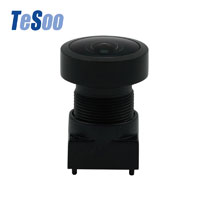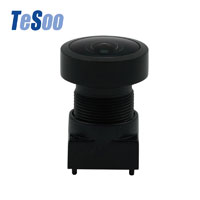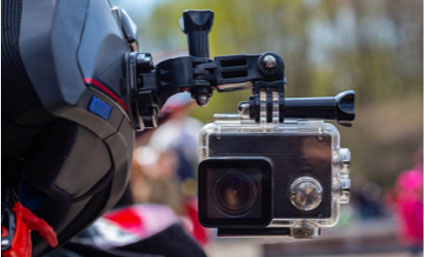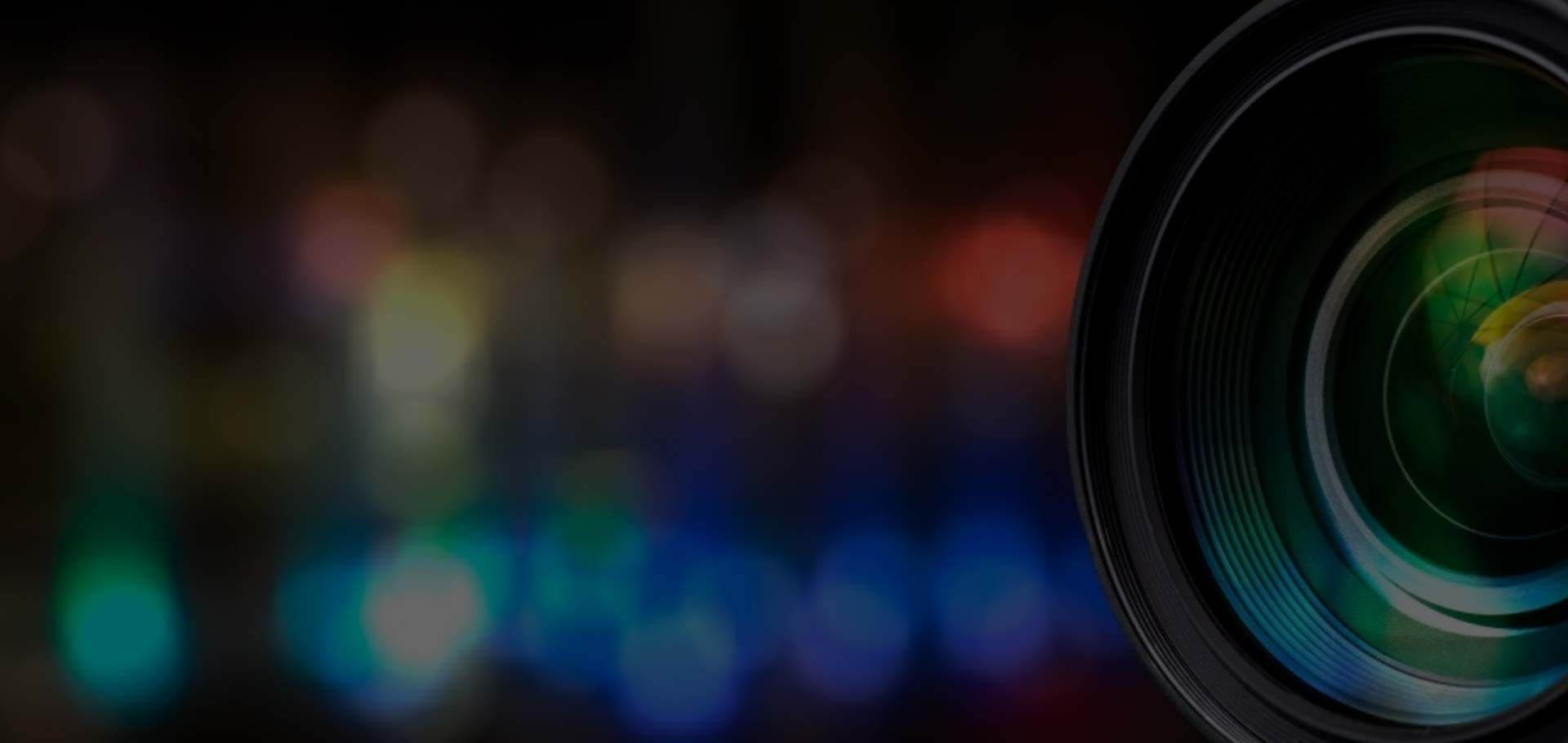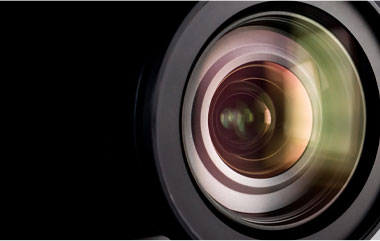VR is an optical technology that can improve image blurring caused by camera vibration, and can perform fast shooting when the shutter speed is reduced by three gears, allowing the use of a telephoto lens to take clear photos. When the photographer shoots a moving object, the system with VR lenses, also known as virtual reality lenses, will automatically detect the movement of the camera. It is not only widely used in professional SLR lenses, but also often seen in consumer-grade digital cameras.
The shooting range of the TeSoo VR lens is F4-32, and the lens adopts a structure of 20 elements in 14 groups, including 3 ED lenses and HRI glasses. Within the zoom range of the full lens, and at the same time as the closest focusing distance, this lens also has the anti-shake capability of the third generation of VR. These five-level photographers can shoot hand-held in low light.
With VR technology, the photographer can compose and focus the a telephoto lens with a shallow depth of field correctly. TeSoo surely will provide you with the most satisfied VR lens and competitive VR lens price.
Types Of VR Lens
What Are VR Lenses?
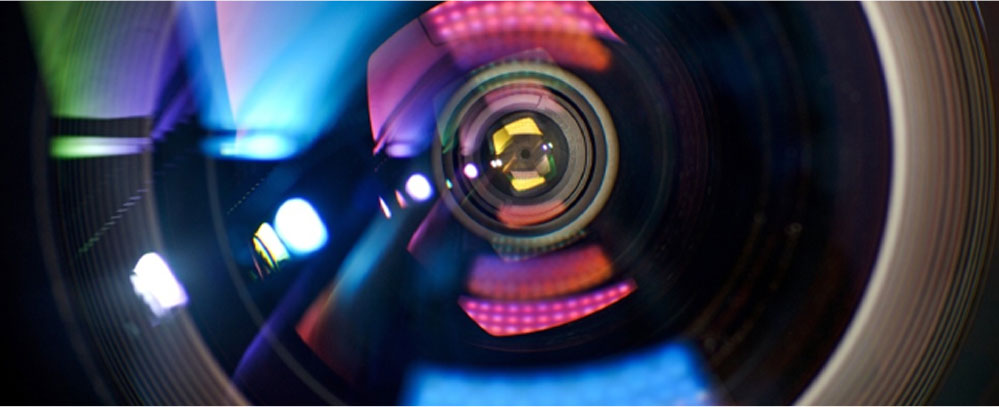
Virtual reality lenses are specially designed for testing near-eye displays of head-mounted augmented reality and virtual reality devices. The VR lens adopts a specially developed unique optical design, which is suitable for measuring near-eye displays installed in head-mounted virtual reality devices. The lens design simulates the size, position and field of view of the human eye. Unlike other lens options where the aperture is located inside the lens, the aperture of the virtual reality lenses is located in front of the lens, which enables the entrance pupil of the imaging system to be positioned in the same position as the human eye is viewing in the NED headset.

 English
English 
